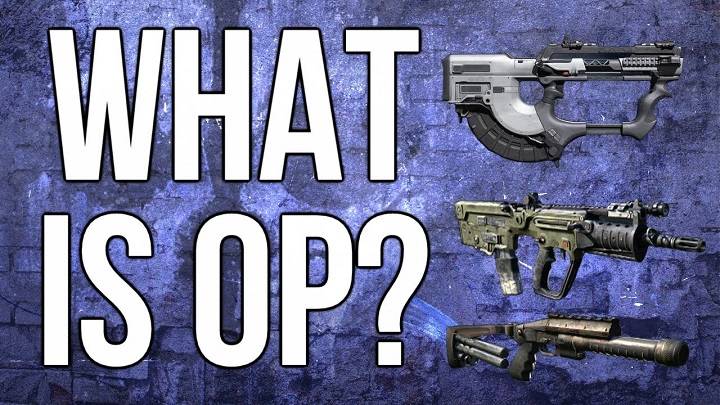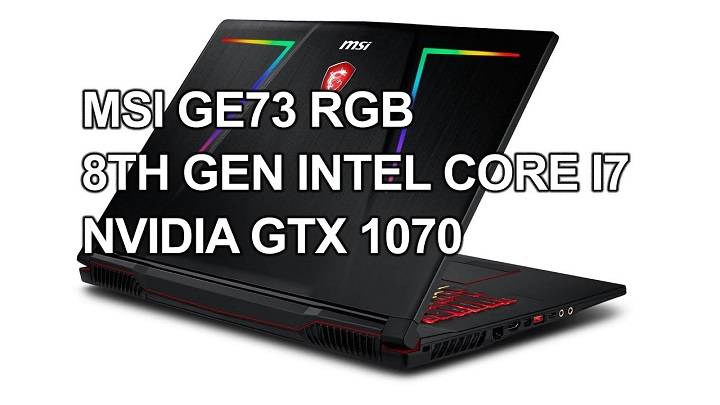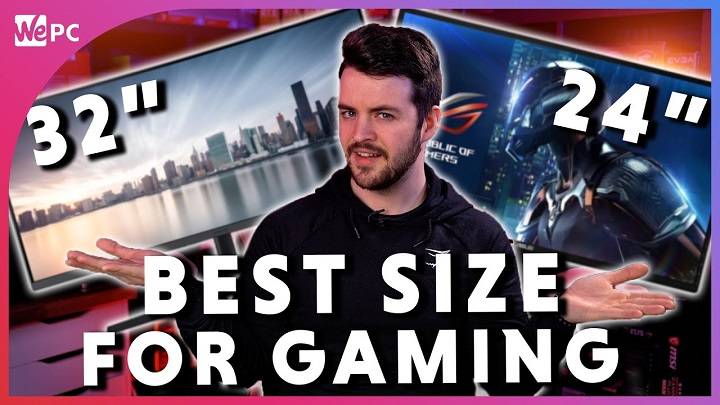In the dynamic and ever-evolving realm of gaming, a myriad of terminologies and abbreviations are commonplace. Among these, the term “OP” holds significant sway, often whispered in awe or muttered in frustration. But what exactly does “OP” mean in the context of gaming? Let’s delve deep into this enigma, unraveling its nuances, implications, and origins.
Understanding the Basics
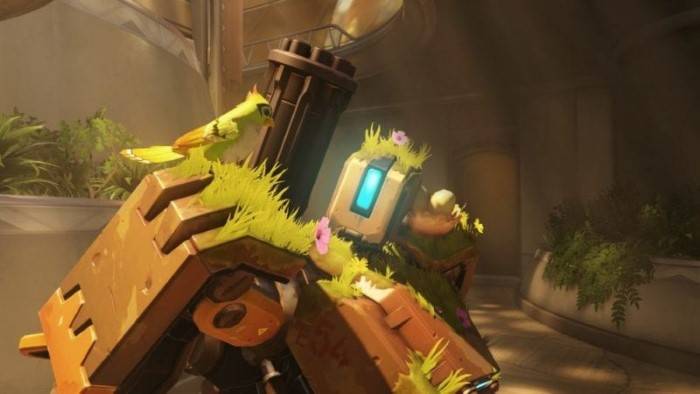
Before we embark on our quest to decipher the meaning of “OP,” it’s crucial to establish a foundational understanding. In gaming parlance, abbreviations and acronyms serve as shorthand expressions to convey complex concepts succinctly. These terms facilitate effective communication within gaming communities, fostering camaraderie and shared understanding among players.
Decoding “OP”
At its core, “OP” stands for “overpowered.” This term is employed to describe in-game elements, such as characters, weapons, abilities, or strategies, that possess an unfair advantage over others. When a particular aspect of a game is deemed “OP,” it often disrupts the balance and fairness of gameplay, leading to frustration among players.
The Significance of Balance
Balance is a cornerstone principle in game design, ensuring that all players have an equal opportunity to succeed based on skill and strategy rather than inherent advantages. When an element within a game is considered “OP,” it tilts the scales in favor of those who wield it, diminishing the competitive integrity of the gaming experience.
Manifestations of OPness
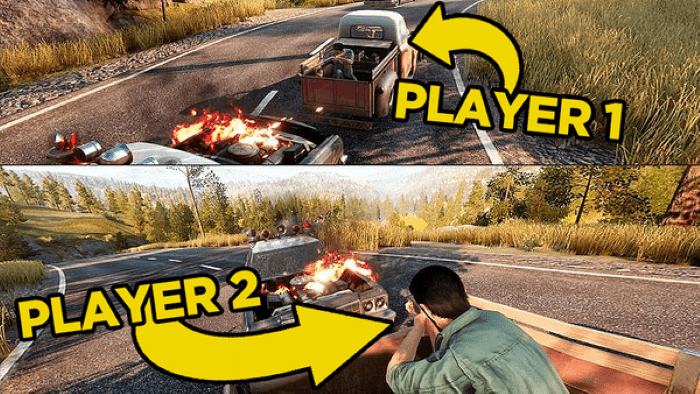
“OP” can manifest in various forms across different genres of games. In multiplayer online battle arenas (MOBAs) like League of Legends or Dota 2, it might refer to a character whose abilities are disproportionately powerful, allowing them to dominate the battlefield with ease. In first-person shooters (FPS) such as Call of Duty or Counter-Strike, it could denote a weapon that inflicts excessive damage or boasts unparalleled accuracy, granting its wielder an unfair advantage.
The Evolution of OPness
As games evolve through updates, patches, and expansions, the perception of what constitutes “OP” can fluctuate. What was once a balanced aspect of gameplay may become overpowered due to changes in mechanics, meta shifts, or the introduction of new content. Conversely, elements deemed “OP” may undergo nerfs (reductions in power) to restore equilibrium to the game’s ecosystem.
Community Discourse
The designation of something as “OP” often sparks lively debates and discussions within gaming communities. Players share their experiences, insights, and grievances regarding imbalanced aspects of gameplay, lobbying developers for adjustments to restore fairness and enjoyment. Forums, social media platforms, and online communities serve as arenas for these passionate exchanges, shaping the ongoing dialogue surrounding game balance.
The Role of Developers
Game developers play a pivotal role in addressing concerns related to OPness within their creations. Through diligent playtesting, data analysis, and community feedback, developers strive to identify and rectify imbalances that detract from the overall gaming experience. Balancing patches and updates are frequently deployed to fine-tune gameplay mechanics, adjust character abilities, or recalibrate weapon statistics, ensuring that the playing field remains level and engaging for all.
Navigating OPness as a Player
As a player, encountering “OP” elements within a game can be both exhilarating and exasperating. Leveraging these advantages can lead to moments of triumph and dominance, but it may also foster resentment among peers who perceive such tactics as unfair or unsportsmanlike. Striking a balance between utilizing powerful strategies and advocating for a level playing field requires tact, empathy, and a commitment to fostering a positive gaming environment.
In the multifaceted realm of gaming, the concept of “OP” serves as a barometer of balance and fairness, reflecting the delicate equilibrium between power and playability. Whether celebrated as a testament to mastery or condemned as a blight on competitive integrity, the designation of something as “overpowered” ignites impassioned discourse and drives continual evolution within gaming communities. As players and developers alike navigate the ever-shifting landscape of OPness, the quest for equilibrium remains an enduring pursuit, enriching the gaming experience for enthusiasts worldwide.


